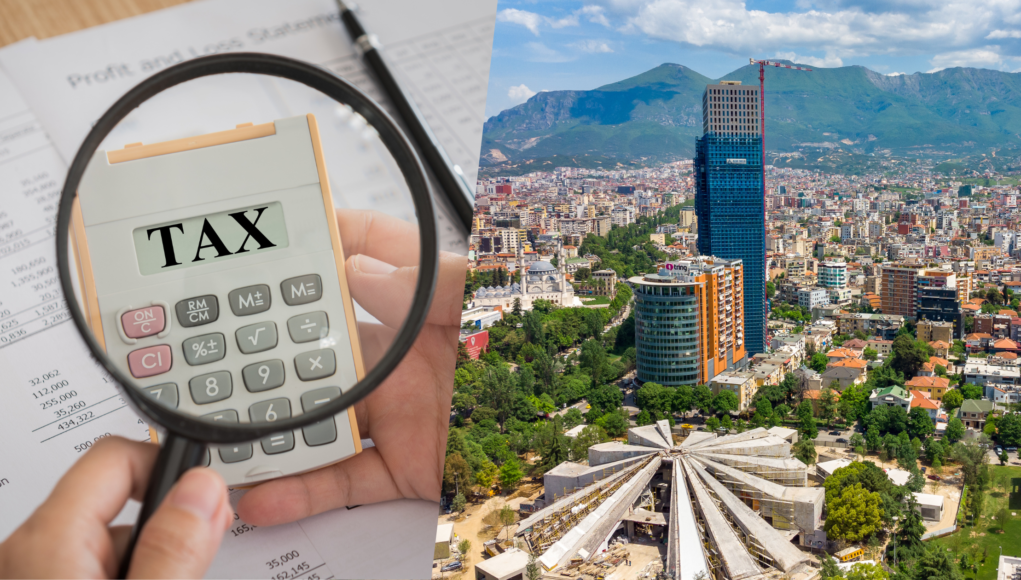With new regulations that have left many Albanian citizens scratching their heads, the government is set to implement a significant spike in property taxes, particularly targeting residential and commercial landowners. The proposed amendments, part of the draft Law on the Taxation of Real Estate, are poised to transform the financial landscape for property owners, with the land tax for residential purposes expected to surge up to 45 times its current rate.
According to Albanian news website Gazeta Telegraf, since 2017, when water prices began their ascent, Albanians have been grappling with an additional burden — a property tax of 130,000 Lek, or approximately $1400, per year for each apartment and surrounding yard. Now, six years later, the government is gearing up for yet another hit on citizens’ pockets, which some in the country have called a departure from fiscal sensibility.
Starting in 2026, the tax rate for apartments will double from the current 0.05 percent to 0.1 percent. Simultaneously, the land tax, currently at a modest 280 ALL per year, will undergo a significant transformation. From 2028 onward, according to the newly proposed legislation, it will no longer be a fixed rate per square meter but will be multiplied by the reference price. As a result, a 500-square-meter plot’s tax, currently at 280 ALL, will skyrocket to 13,036 lek per year.
The draft law, submitted by the Ministry of Finance and Economy, is causing ripples of concern among property owners, particularly those using land for residential and commercial purposes. According to the “Property Tax Reform 2024-2028” document, owners of residential land may face a 45-fold increase in their obligations, while commercial land obligations are set to double.
The current land tax is determined based on the purpose of use and municipal categories, ranging from 0.14 to 0.56 ALL per square meter for residential land and 12 to 20 ALL per square meter for commercial land. The proposed changes, outlined in the new draft, suggest a shift towards a percentage-based tax, ranging from 0.1% to 0.3%, calculated using average reference prices.
The implications extend beyond residential properties, raising questions about how the tax will be handled for multi-storey residential buildings, where ownership certificates are held by municipalities. The Ministry of Finance assures that discussions on this matter will involve a broader group of decision-makers.
As the Albanian government seeks to implement these tax adjustments from January 1, 2026, for buildings and January 1, 2028, for land plots, agricultural land, and woodland, citizens are left grappling with the looming financial burden and uncertainty regarding the future landscape of property taxation.
Source/s: Gazeta Telegraf
Image source: Original composite
The Southeast European Observer participates in the Amazon Services LLC Associates Program. While we strive to provide our readers with unbiased and reliable information, please be aware that any purchases made through Amazon affiliate links on our site generate a small commission for us at no extra cost to you. This helps support our platform and allows us to continue delivering quality content to our readers.
We ensure that the presence of Amazon affiliate ads does not influence our editorial content, and no affiliate links are included within the text of our articles.











